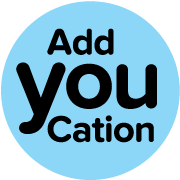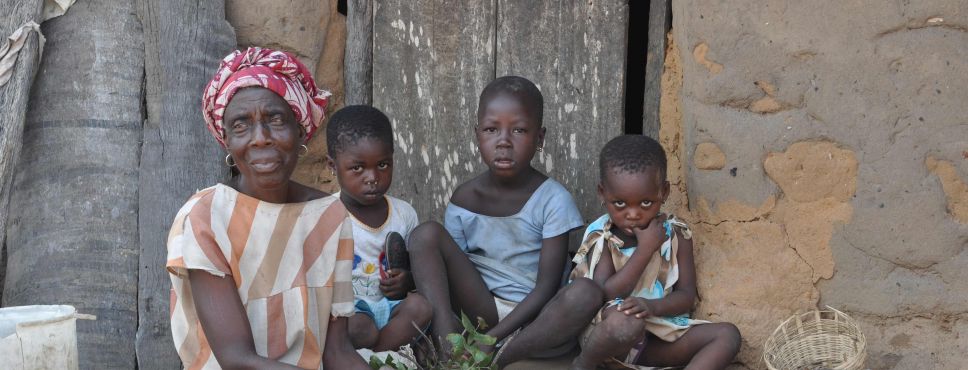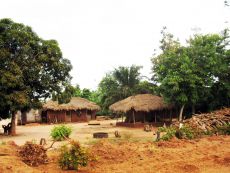A country with democratic institutions
where big problems continue to persist.
Ghana is a state in western equatorial Africa, bordering Côte d’Ivoire, Burkina Faso and Togo and the Atlantic Ocean. Ghana, formerly known as Gold Coast, gained its independence from British colonial rule in March 1957 – the first sub-Saharan colony to do so. Today Ghana is a presidential republic. Since 2012 it is governed by president John Dramani Mahama.
The capital city, Accra, is home to over two million of the country’s 27 million inhabitants. Approximately one half of the population is younger than 16 and about 10 % of the population belong to the Catholic Church. Many regional languages, such as Akan and Ewe, are spoken next to English. Ghana boasts up to one hundred ethnic groups. This greatly adds to the country’s cultural richness and linguistic diversity. Visitors encounter a wonderful country with great potential. With a stable democracy and economic growth, Ghana is a hopeful sign for the future of West Africa.
Yet, poverty, AIDS, a high child mortality rate (10 %) and a dire lack of schools remain pervasive problems in Ghana. The position of women is strikingly inconsistent. On the one hand, women perform responsible jobs and are the main contributors to the family. On the other hand, they are severely disadvantaged in education and need to overcome more obstacles than men.
At the official opening of St. Catherine Senior High School in January 2011, Ghana’s former First Lady Ernestina Naadu Mills put the nation’s state into context:
“If Ghana is to have a viable economy and a forward-looking society with a strong younger generation, then the education of girls is very important to us.”




